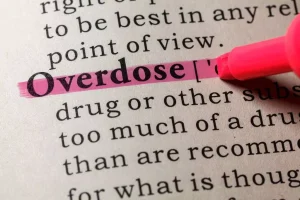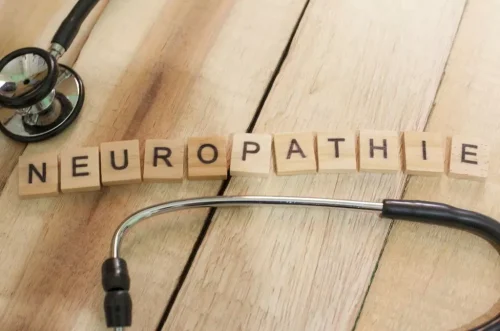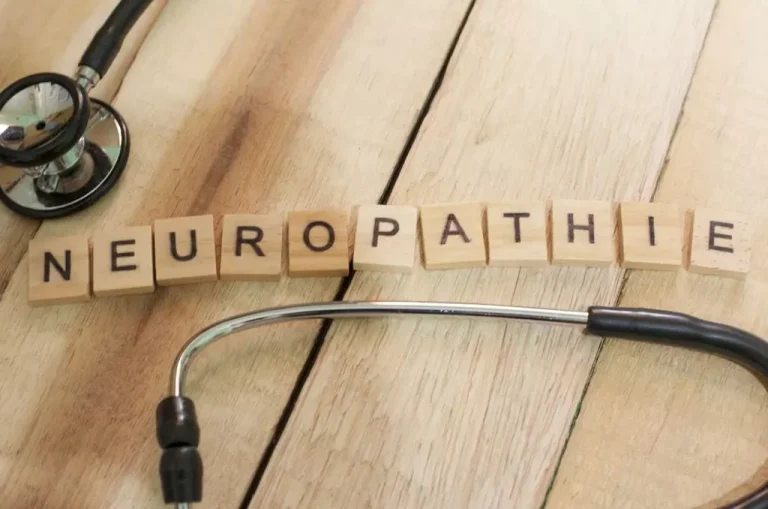
Eating food before and during drinking slows down the absorption of alcohol into your bloodstream. Eating something starchy like pasta, rice, or potatoes before and during drinking can help you stay more sober for longer. This adaptation includes an increased number of enzymes (alcohol dehydrogenases, ADH) that rapidly converts Substance abuse ethanol into acetylaldehyde, producing a faster metabolism and metabolization rate of the alcohol.

Overcoming Alcohol Dependence
It is important to note that alcohol intolerance is not the same as alcohol allergy, which is a rare immune system reaction to alcohol. If you have alcohol dependence, it means that you have reached a point of needing alcohol to function. BetterHelp offers affordable mental health care via phone, video, or live-chat.
How long does it take for your tolerance to change?
- Over time, tolerance for alcohol compels some people to use higher and higher amounts, resulting in a further inclination towards alcoholism.
- Alcohol intolerance may manifest as an adverse reaction to alcohol, such as skin flushing, nasal congestion, headaches, low blood pressure, nausea, and vomiting.
- However, your body is highly adaptable; it can adjust to regular heavy drinking.
- Some individuals have increased levels of this enzyme, while some do not.
- You can determine if you have alcohol tolerance by evaluating how much alcohol it takes for you to feel the same effects compared to when you first started drinking.
If you https://ecosoberhouse.com/ are someone who deals with addiction, find emergency hotlines, counseling, and treatment options here. Instead of pregaming your date with a White Claw, turn on your favorite pump-up playlist to boost your confidence or try a quickie yoga meditation to quiet your nerves. If you show up to a social event and suddenly feel a little overwhelmed and nervous, head over to the bathroom for a deep-breathing break.
- Your alcohol tolerance is largely determined by a combination of genetics and personal behavior.
- Many other factors, such as drinking habits, can influence functional tolerance.
- If you have a developed an alcohol tolerance that you are ready to address, there are safe ways to lower it.
- The changes in the brain that drive uncontrolled drinking also cause withdrawal symptoms when the person stops drinking.
Why does alcohol tolerance develop?

The journey to moderate drinking is highly personal, but research shows that even small reductions can lead to significant health improvements. Whether you’re participating in organized challenges like Sober October or creating your own “damp” lifestyle, these evidence-based strategies can help you achieve your goals. If you feel like alcohol helps you in a social setting, whether it’s by making you more calm or confident, just know that there are other, potentially healthier options for getting that effect, says Gardner. Having a conversation in advance can also help set expectations on your friends’ part. This way, by the time you get to your destination for the evening, they know you won’t be drinking and have managed their own ideas for how the night will go.

Drink Less Campaign
You can try lowering your alcohol tolerance by drinking less, but this will take much longer to achieve wellness. Functional tolerance describes the most basic kind of tolerance developed by most people who drink regularly over a period of time. In most cases, it can take anywhere from two to five weeks during a period of complete abstinence to lower your tolerance level. The more alcohol intake you can handle, the more you can mask an alcohol problem. However, it is possible to lose your level of tolerance to alcohol, particularly if you quit drinking. Alcohol tolerance, for the most part, is something that you develop over the course of your experience with alcohol.
- PLUS, the latest news on medical advances and breakthroughs from Harvard Medical School experts.
- However, body type, gender, ethnicity, and metabolism are also factors that contribute to the development of tolerance.
- Initially, and for sometime afterward, alcohol may seem to enhance certain experiences.
- If you feel like alcohol helps you in a social setting, whether it’s by making you more calm or confident, just know that there are other, potentially healthier options for getting that effect, says Gardner.
- So even if you’ve still been consuming large amounts of alcohol at home during lockdown, you may find you feel alcohol’s effects to a greater degree when drinking the same amount as normal in a pub or bar.
The general effectiveness of synaptic transmission is affected in the brain, which can cause further damages that bring about withdrawal symptoms and other physical and mental problems. Additionally, ensuring you eat a filling meal before having a beverage can help reduce the effects of alcohol. Although it is not scientifically proven, some people suggest that eating complex carbohydrates prior to drinking can help slow alcohol absorption and prevent intoxication. Finally, after drinking, make sure to get plenty of rest, drink plenty of water, and be aware of any unwanted side effects, such as nausea or headaches. If you’re having a hard time keeping track of your drinks, ask a friend for help or switch to non-alcoholic drinks for the rest of the night. Finally, the environment, such as ambient temperature and noise, and any other drugs or medications you are how to decrease alcohol tolerance taking may also contribute to why you get drunk faster.
Leave a Reply